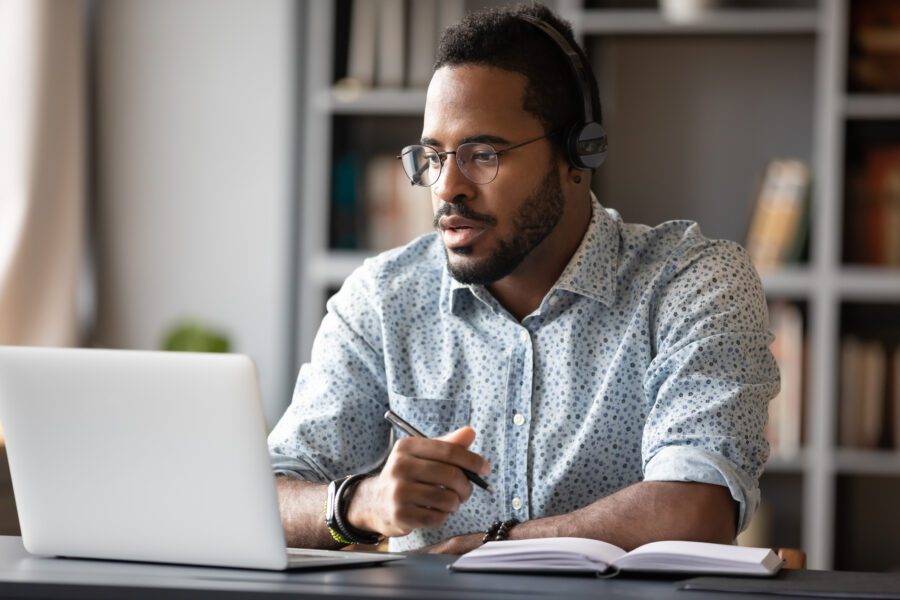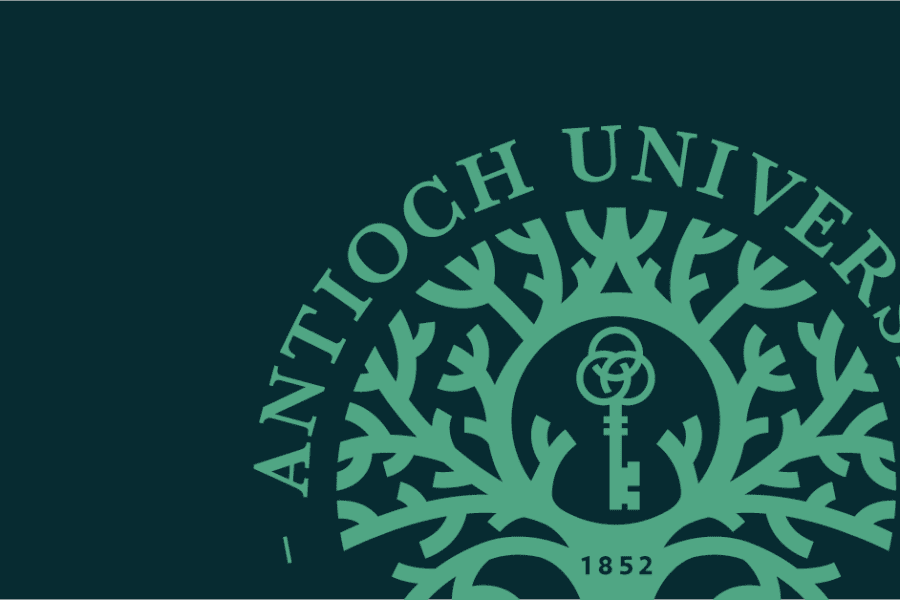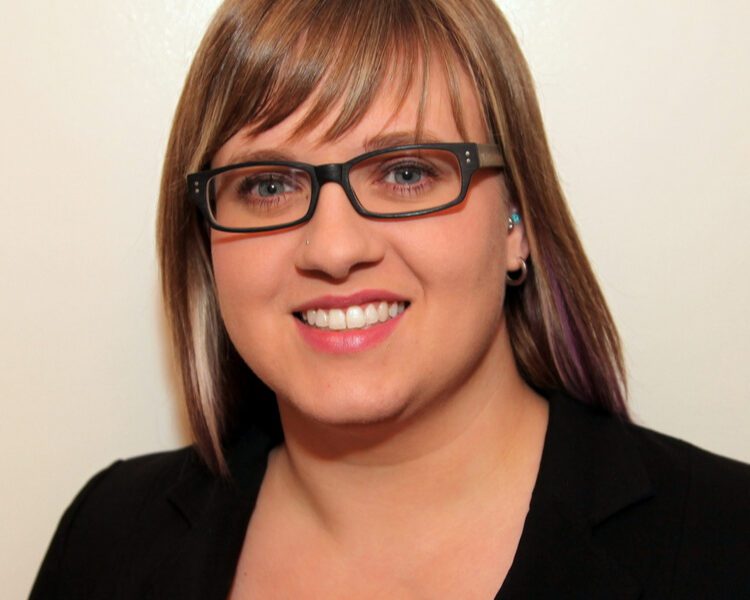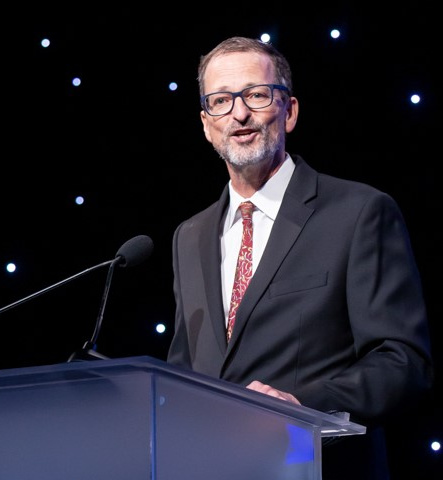an interview with David Deziel, MBA
The middle of a pandemic is no easy time to lead a business—be it a small restaurant or a Fortune 500 corporation. Decision-makers who were primarily focused on sales and profit margins have been forced, abruptly, to begin considering how their actions will affect not just the bottom line but also global public health and the safety of their employees and customers. Who could have foreseen that events would force companies to weigh these other priorities? Who could have prepared for such a global emergency? According to management expert David Deziel, one group did take such proactive measures: businesses that follow the Triple Bottom Line accounting framework.
This business philosophy, which is sometimes expressed as People-Planet-Profit, “fundamentally is a business model that says that there’s more than just profit in the definition of a successful business, and what will make a business viable and healthy in the long-term is more than just the bottom line of profits,” says Deziel, who teaches, among other courses, “Principles of Triple Bottom Line in Organizations” in Antioch University’s MBA program.
This model, he says, has given businesses who follow it a head start in figuring out how to turn a profit while also asking, “Am I working to do a good job with the environment? Am I causing no environmental harm? [And how] am I operating my business so that it’s good for the community, it’s good for employees, and it’s good for customers.” Here Deziel lays out four distinct ways that Triple Bottom Line Companies are well-prepared for this pandemic—and the “new normal.”
Affecting Consumer Opinion
People buy things on the basis of more than just lowest cost—they also take into account many other values such as convenience, quality, and, increasingly, their opinion of the values of the company they are doing business with. Deziel says that “millennials are taking the lead on this.” He says, “Millennials are much more likely to purchase from a business that has a social purpose, that treats its employees well, and that has a good environmental reputation.” The coronavirus pandemic has only brought this trend into relief. “Everyone is reading stories about employers who are being kind and supportive and helpful to their employees—and employers that aren’t.”
Deziel believes that reputations made and broken during this time will have long-lasting effects. “I think consumers are going to look to do business with businesses that served their communities ethically during this difficult time.” And while for many businesses it is hard to walk and chew gum at the same time in this way, for Triple Bottom Line businesses it is coded into their very DNA to emphasize people on the same level with profits. As this consumer preference grows in the coming years, such a focus will only become more important.
Robust Supply Chains
As the truly global nature of the pandemic disrupts supply chains, some companies have more experience than others in knowing exactly how their products and materials are sourced. Deziel especially emphasizes B Corporation status, a certification that companies following the Triple Bottom Line business model can apply for and, if they receive it, advertise to consumers. The B Corp certification process requires that businesses do “a lot of work on your supply chain and on your values chain.” And that turns out to be a major advantage in the context of the coronavirus pandemic. “That puts you ahead of the game coming out of the pandemic,” explains Deziel, “because you’re just much more aware of the components of your supply chain, of how your supply chain works, what your options are, what your alternatives.” This is in contrast to more conventional businesses, the supply chains of which often “consist primarily of whoever is the lowest-cost provider.”
This advantage extends beyond simply knowing the supply chain well, though, and includes relationships with suppliers. Says Deziel, “Your relationship is much stronger throughout your supply chain when you take a Triple Bottom Line approach. You just have to be so much more mindful of your supply chain.” These relationships can be vital during times of crisis, but by that time it is often too late to cultivate them. The B Corp certification process and the Triple Bottom Line framework help businesses be prepared long before disaster strikes.
ESG Companies Can Hold Their Own
One of the difficulties of advocating for a new business philosophy is that, while there is evidence that the status quo can produce profits, there is no easy way to test whether the new way of doing things will work. There is no way to set up a controlled laboratory experiment. However, the pandemic and its hit to the stock market are providing a real-world stress test of basically all of the business world. And, while many People-Planet-Profit companies are, like Patagonia, privately owned, there are a healthy number of publicly-traded Triple Bottom Line-oriented companies whose performance we can watch. These can be largely identified by their high ESG ratings—a measure of the environmental, social, and corporate governance characteristics of a business.
The good news is that, so far, these companies appear to be performing at least as well as other companies. This was the case before the crisis, explains Deziel, when ESG companies “were performing better than conventional companies in the stock market. They were returning higher returns.” That these stocks now seem to be durable not just in good times but also in bad opens the door for more executives and other stakeholders to push for these values.
Deziel explains that the mindset of CEOs making these decisions is often, “Well, if I do all of these wonderful things for the environment, how much is that going to cost me?” In this case, the pandemic seems to be proving the central argument that “with Triple Bottom Line…if you do it in a certain way it’s not going to cost you anything, and, in fact, it will probably benefit you.”
This Doesn’t End With Coronavirus
Perhaps the biggest takeaway from all of this is that it pays to prepare for the unexpected by taking profits into account alongside the environment and the people a company impacts. This realization could reshape the business landscape in ways that just a few months ago would have seemed hard to imagine. Says Deziel, “Investors are starting to realize that companies that behave in these ways are positioning themselves better for the future.”
Although few companies were preparing specifically for a global pandemic, preparations for similar worst-case scenarios have been proving invaluable. Says Deziel, these businesses are “taking into account climate change science in their plans, so they won’t get caught by surprise as climate change occurs. Similarly, companies that take care of their communities, and take care of their employees, pay them a living wage, and give them benefits, those companies have lower turnover. Turnover is amazingly expensive. And they generate a lot of goodwill. That has a bottom-line impact.
This is no longer just for companies with an explicit environmental mission. Deziel points to the example of Walmart, which has been systematically covering the broad roofs of its stores with solar panels. This was expensive, but it has had numerous benefits that are hard to overstate. Explains Deziel, “The last couple of hurricanes that hit Florida, Walmarts were some of the first stores to re-open. Because they could generate their own power.” This, he says, provides them with a significant competitive advantage.
It is now too late to go back to before the pandemic hit and lay the groundwork for this kind of success. But the experience of Triple Bottom Line businesses so far in 2020 shows that such steps are not ruinous to a company’s fortunes and share price—in fact, they likely are a boon. So looking towards the future, when scientists assure us that the effects of climate change will become more and more pronounced, what can a company do? As Deziel asks, “If I own a chain of stores, what does that mean for me? If I own a trucking company, what does that mean for me? How can I adapt my business and prepare for that? How can I work with that?” One answer is to shift the business model to one that takes for its priority, not just profit, but also the health of the planet and the well-being of its people.






